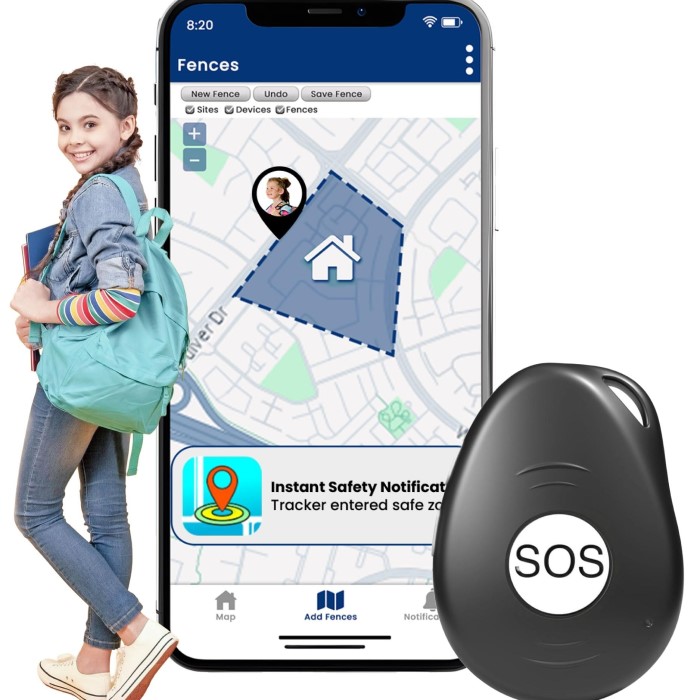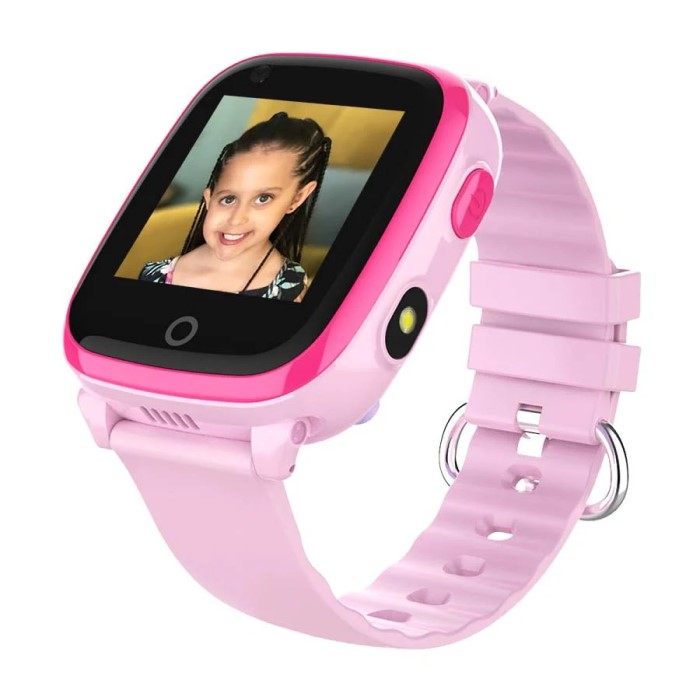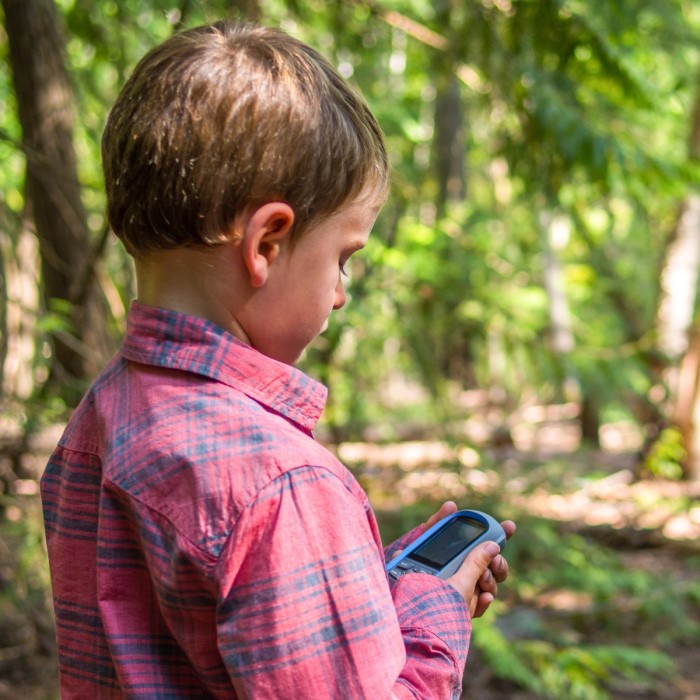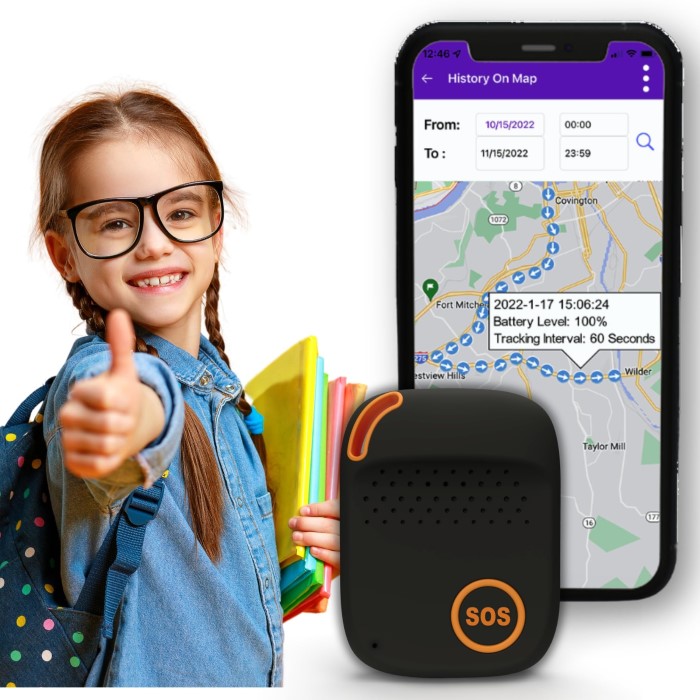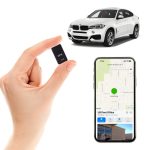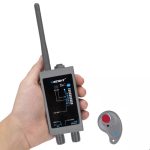Introduction
In today’s fast-paced world, ensuring the safety of children is a top priority for many parents. As kids gain more independence and begin to explore their surroundings, the need for reliable tracking solutions has become increasingly important. A kids GPS tracker serves as an invaluable tool for parents, allowing them to monitor their children’s whereabouts in real-time. These devices offer peace of mind knowing that parents can quickly locate their kids, whether they are playing in the neighborhood or out on an adventure. In this article, we will explore various kids GPS tracker options, highlighting their features and benefits, so you can make an informed decision for your family.
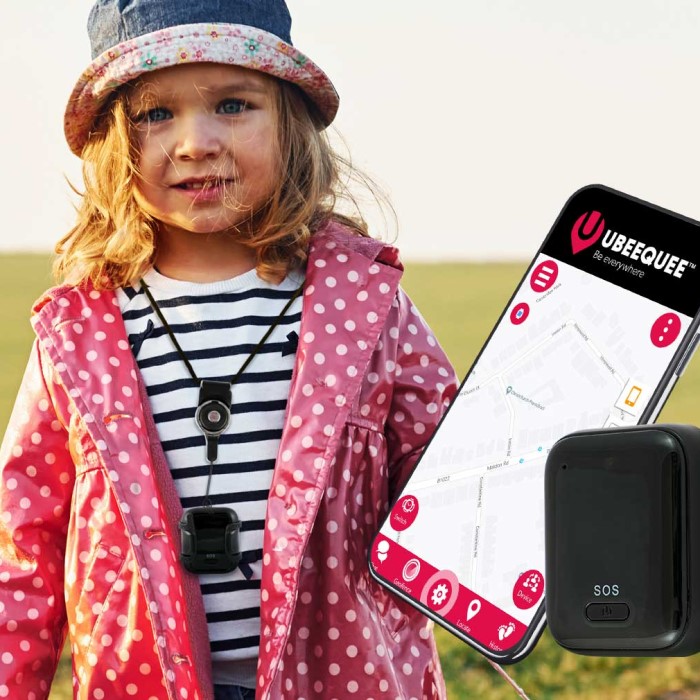
What is a Kids GPS Tracker?
A kids GPS tracker is a compact device that utilizes Global Positioning System (GPS) technology to track a child’s location. These devices can vary in form, with some designed as wristbands, watches, or clips that attach to clothing. The primary function of a kids GPS tracker is to provide real-time location data, allowing parents to monitor their child’s movements through a user-friendly app or web interface.
Key Features of Kids GPS Trackers
- Real-Time Location Tracking: The most significant advantage of kids GPS trackers is their ability to provide real-time tracking. Parents can easily identify their child’s location via a smartphone app, ensuring they are safe.
- Geofencing Alerts: Many kids GPS trackers allow parents to set up geofences, which are designated safe zones that trigger alerts when a child leaves these boundaries.
- SOS Emergency Button: Some devices include an SOS button that children can press in case of an emergency. This feature allows immediate alerts to be sent to parents, ensuring rapid assistance.
- Two-Way Communication: Certain GPS trackers come equipped with two-way calling, enabling parents and children to communicate directly through the device.
- Battery Life: Long-lasting battery life is crucial for practical use. Many kids GPS trackers have batteries designed to last for multiple days on a single charge, allowing for extended use before needing to recharge.
Benefits of Using Kids GPS Trackers
Investing in a kids GPS tracker presents several advantages for families. Here are key benefits to consider:
- Enhanced Safety: Knowing a child’s whereabouts significantly reduces anxiety for parents, enhancing the overall safety of children during independent outings or in crowded spaces.
- Peace of Mind: GPS trackers provide peace of mind, especially when children are traveling alone or spending the day away from home. Parents can feel more secure knowing they can check in at any time.
- Promotes Independence: By using a kids GPS tracker, children can explore their surroundings with a sense of independence, while parents maintain a level of oversight.
- Improved Emergency Response: In the case of emergencies, having a GPS tracker allows parents to locate their child quickly, which can be crucial in keeping them safe.
- Educational Tools: Some kids GPS trackers can also function as educational devices, allowing for interactive features and learning tools to be integrated into the tracking experience.
Reliable Options
When selecting a GPS tracker for your child, various options are available. Below are some reliable choices that parents can consider:
1. Jiobit Smart Tag
- Overview: The Jiobit Smart Tag is a small, lightweight tracker that can be attached to clothing, backpacks, or belts.
- Features: It offers real-time tracking, geofencing capabilities, and an SOS feature. The battery life lasts up to 10 days on a single charge.
- Pros: Features a durable design and water resistance. Additionally, its discreet nature makes it easy to hide.
- Cons: Requires a monthly subscription for full features.
2. AngelSense GPS Tracker
- Overview: Specifically designed for children with special needs, the AngelSense GPS tracker provides comprehensive tracking and communication features.
- Features: Includes real-time GPS tracking, a two-way voice feature, and geofencing alerts. It records location history for parents to review.
- Pros: Provides robust safety options tailored to unique needs.
- Cons: May be more expensive compared to standard trackers.
3. TickTalk 4
- Overview: A smartwatch with built-in GPS tracking, the TickTalk 4 combines technology with practicality.
- Features: Offers two-way calling, video calling, and real-time location tracking, along with fitness tracking features.
- Pros: Engages children with a fun design while providing safety features.
- Cons: Requires a data plan to utilize all features.
4. Apple AirTag
- Overview: While primarily designed for locating items, Apple AirTag can be creatively used as a kids GPS tracker with proper precautions.
- Features: Integrates seamlessly with Apple devices, provides location tracking and notifications when items are separated.
- Pros: Works through the extensive Find My network, connecting users for quick alerts.
- Cons: Limited standalone features, as it relies heavily on other Apple devices.
How to Choose the Right Kids GPS Tracker
When it comes to selecting the ideal kids GPS tracker, consider the following factors:
Age of Your Child
- Understanding Age Appropriateness: When choosing a GPS tracker, it’s essential to consider the age of your child. Different trackers have features tailored for specific developmental stages. For instance, younger children might require a device that is straightforward and intuitive, while older children might benefit from trackers with advanced functionalities.
- Trackers for Younger Children: Younger children often do well with simple devices that focus on basic location tracking. These devices can be attached to clothing or backpacks and typically offer essential functions like real-time tracking without unnecessary complexities.
- Options for Older Kids: As children grow and become more independent, they may appreciate multifunctional smartwatches that incorporate GPS tracking alongside other features like messaging, fitness tracking, and entertainment options. These devices can engage older kids while still keeping them safe.
- Engagement Through Fun Designs: Ensure that the tracker appeals to your child’s interests. Many manufacturers produce GPS trackers that come in vibrant colors and fun designs, making them more attractive and encouraging children to wear and use them regularly.
Essential Features
- Identifying Key Features: Determine what features are essential for your family’s needs. GPS trackers can vary widely in their capabilities, so understanding your requirements is vital for making the right choice.
- Basic Tracking Functions: For primary safety, basic tracking features like real-time location updates and geofencing alerts are crucial. Depending on the tracker, parents can receive notifications if their child leaves a designated safe zone.
- Additional Functionalities: Consider whether you need advanced features like two-way communication, SOS buttons, or health monitoring. Some devices allow direct voice communication, which can enhance safety measures and allow quick check-ins.
- Long-Term Use Considerations: Some trackers offer features that grow with your child, like fitness tracking and educational apps. Investing in a device with long-term functionality can be cost-effective as it can adapt to your child’s changing needs.
Ease of Use
- User-Friendly Design: Make sure the GPS tracker is easy for both you and your child to operate. A tracker should have a straightforward interface that anyone can use without complicated setups.
- Simple Setup Process: Opt for devices that can be set up quickly with minimal technical knowledge. Ideally, the setup process should involve just downloading an app and pairing the tracker with a mobile device.
- Accessible Mobile Applications: Evaluate the associated mobile app’s design. A well-designed app allows parents to track locations in real time, set geofences, and receive alerts with minimal effort. The app should also be intuitive for kids who may want to interact with their device.
- Support and Tutorials: Choose trackers that come with customer support and user-friendly tutorials. This reassurance can help parents feel confident in using the technology.
Subscription Fees
- Understanding Subscription Models: Many GPS trackers operate on a subscription model, where users pay a monthly or annual fee for access to advanced features. It’s important to understand how these fees fit into your budget.
- Cost vs. Features: Evaluate what features are offered in each subscription tier. Some manufacturers may provide basic tracking for free but require subscriptions for additional functionalities like real-time location sharing or video streaming.
- Looking for No-Fee Options: Some GPS trackers do not require ongoing fees, relying instead on one-time purchases. Research these options if you prefer to avoid recurring costs.
- Budgeting for Long-Term Use: Factor in subscription fees when planning your budget. Over time, these costs can accumulate, so consider how much you’re willing to invest in keeping your child safe.
Durability and Design
- Assessing Durability Requirements: Kids can be rough on their belongings, so the durability of a GPS tracker is crucial. Look for devices made from high-quality materials that can withstand everyday wear and tear.
- Water-Resistant Features: Consider trackers that are water-resistant or waterproof, especially if your child is active in outdoor sports or enjoys water activities. Such features ensure the device remains functional in various conditions.
- Comfortable Fit: The design of the tracker should be comfortable for your child to wear, whether it’s a wristband, clip, or smartwatch. Choose models that offer adjustable straps or lightweight options for easy wear.
- Aesthetics Matter Too: Select trackers that appeal visually to your child. A device that reflects their personality can encourage regular use, making it easier for both parents and kids to embrace the safety aspect.
Frequently Asked Questions
What is the best GPS tracker for my child?
The best GPS tracker for your child depends on their age, your specific needs, and desired features. Options like the Jiobit Smart Tag and TickTalk 4 are popular choices.
Which kid tracker has no monthly fee?
Some GPS trackers, like the Apple AirTag, do not have monthly fees, but they may offer limited tracking features compared to dedicated devices that require a subscription.
Where to put a GPS tracker on a child?
Common placements include attaching the tracker to clothing, bags, or even shoes. Make sure it is discreet and secure to prevent loss.
Can I use AirTag to track my child?
While AirTags can be used for tracking, they lack some essential features of dedicated kids GPS trackers. Consider your child’s needs when deciding if this option is suitable.
Conclusion
In conclusion, kids GPS trackers have become essential tools for parents looking to enhance their children’s safety and provide peace of mind. With a variety of reliable options available, families can find a tracker that meets their specific needs. Whether monitoring a child’s whereabouts or ensuring their safety in crowded areas, GPS trackers are a smart investment.
By exploring the features, benefits, and practical applications of these devices, parents can make informed decisions that promote independence while maintaining oversight. As technology continues to evolve, the functionality and reliability of kids GPS trackers will likely improve, further enhancing personal security. Embrace the advantages of kids GPS trackers today, and protect what matters most to you and your family!
